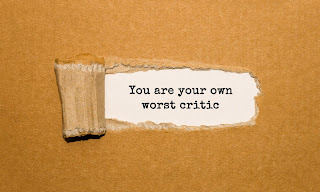“The righteous will never be shaken; they will be remembered forever… They have freely scattered their gifts to the poor, their righteousness endures forever; their horn will be lifted up high in honour” (Psalm 112:6, 9)In the Bible, the word righteous is associated with the idea of Justice, and so to live a righteous life is to be one who acts in a Just way. Thus a righteous person is someone who acts Justly (or does what is right). In the Gospel of Matthew, Jesus adds another layer of meaning to the idea of righteousness. For there he says that the righteous are those who have given the hungry something to eat, the thirsty something drink, welcomed the stranger, clothed the naked, and taken care of the sick” (Matthew 25: 35-36). For Jesus, these are the works of righteousness and set out like that, you are those he would consider righteous.
Time and again we find in the Bible God urging people to live righteous lives. This is because what we do makes a difference to others. This is why Jesus also tells us to love our neighbour as much as we love ourselves. Other people’s lives can be positively affected by ours. Yet despite this, we might sometimes wonder if our work goes unnoticed, for often the good things we do appear to go unseen. Yet from the verses we read earlier, Psalm 112 invites us into a different story. For there the righteous are described as those who stand tall in the knowledge that they are living well and making choices that positively impact the lives of others. They are also gracious, compassionate, generous, and those who stand firm in the face of adversity. The righteous are those whose life and work is making a positive difference to others and for this, the Psalmist says, “they will be remembered forever… [and] their horn will be lifted high in honour” (Psalm 112:6, 9).
What are we to make of this idea that the “horn” of the righteous will be lifted up in honour? Horns are often symbols of power, but in the Bible, they were also used to hold the holy oil used to anoint kings. To be holy is to be set apart by God in a special way. Every day you are also being set apart to feed the hungry, give the thirsty something to drink, welcome the stranger, clothe the naked and take care of the sick, and as you do this, you are being lifted up by God and positively transforming lives. You are the righteous ones God has called to do this holy work, and as such, God has promised you will be remembered. Your work is not just remembered by God, but also in the lives of those you serve and their families. You are the righteous ones who are freely scattering your gifts to the poor, and for this, you will be lifted up high in honour.
Photo source: Wikipedia















